Contact
General enquiries
Please get in touch with us if you have a query and we’ll try to help.
General enquiries, including general questions about sheltered housing
E: info@hamunitedcharities.com
T: 020 8741 4326
Enquiries about grants
E: grants@hamunitedcharities.com
Contacting our sheltered housing schemes directly
Sycamore House
Sycamore Gardens W6 0AS, London
Email: chris.twiselton@hamunitedcharities.com
Phone: 0208 600 0650
Mobile: 07733 842 574
John Betts House
Rylett Road W12 9NJ, London
Email: atinuke.adenigbagbe@hamunitedcharities.com
Mobile: 07789 058 861
Subscribe to our newsletter
Don’t miss our quarterly newsletter – it’s full of stories about the people who live in our almshouses, the community projects we’re investing in, and our work to create change in our community
- Read the Autumn 2021 edition
- Read the Spring 2021 edition
- Read the Winter 2020 edition
- Subscribe now

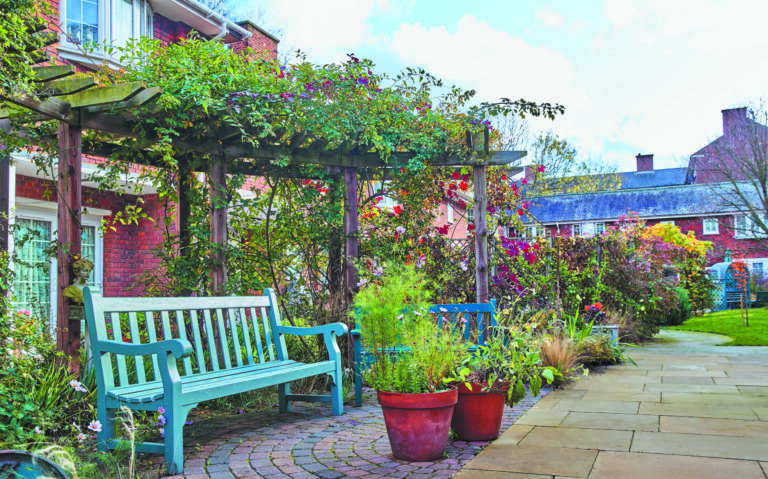

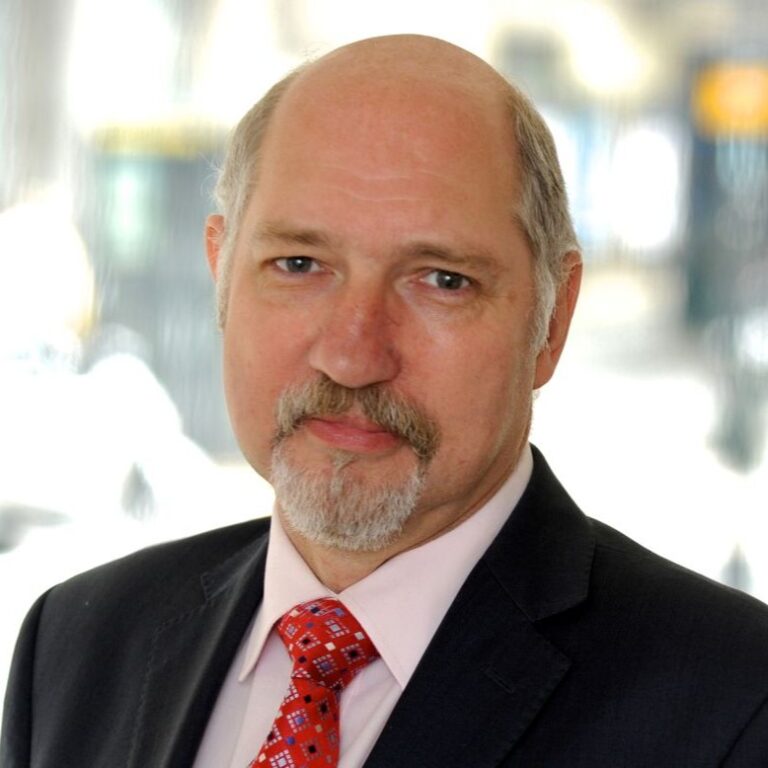
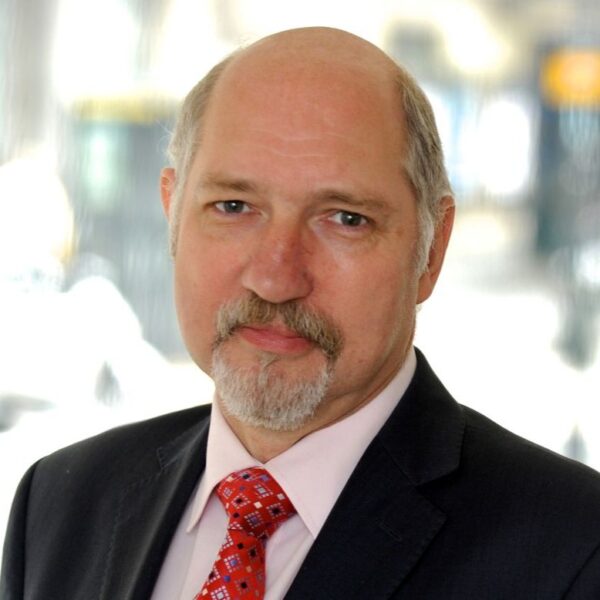 Guy is a retired solicitor who has lived in Hammersmith for over 40 years. As well as having a long legal career, Guy has decades of experience in the not-for-profit sector. He was a school governor for 35 years and spent several years volunteering as Chair of the Finance Committee at Hammersmith & Fulham Law Centre. If you recognise Guy, that’s probably because he also served as a local councillor for Hammersmith & Fulham.
Guy is a retired solicitor who has lived in Hammersmith for over 40 years. As well as having a long legal career, Guy has decades of experience in the not-for-profit sector. He was a school governor for 35 years and spent several years volunteering as Chair of the Finance Committee at Hammersmith & Fulham Law Centre. If you recognise Guy, that’s probably because he also served as a local councillor for Hammersmith & Fulham.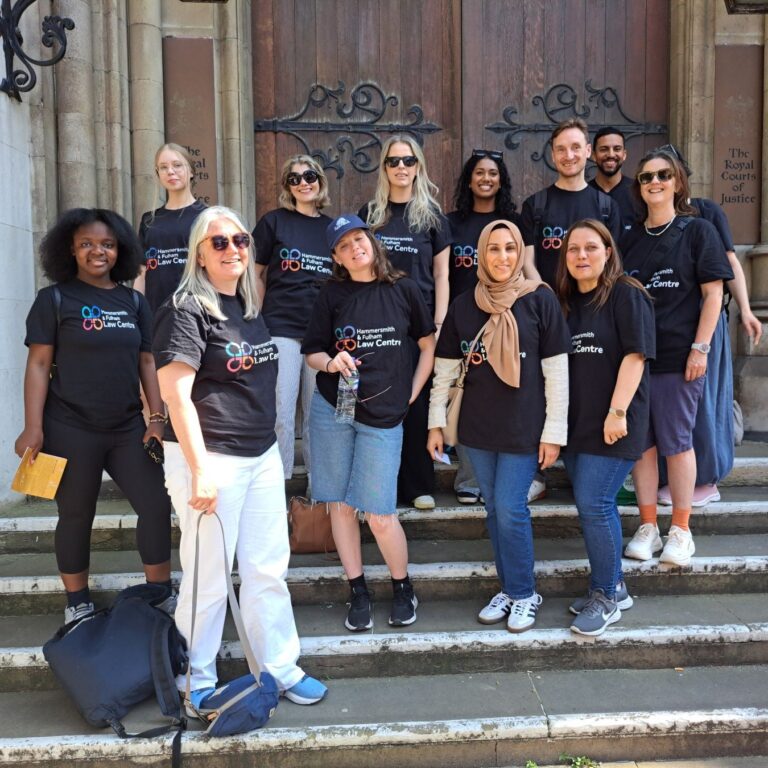
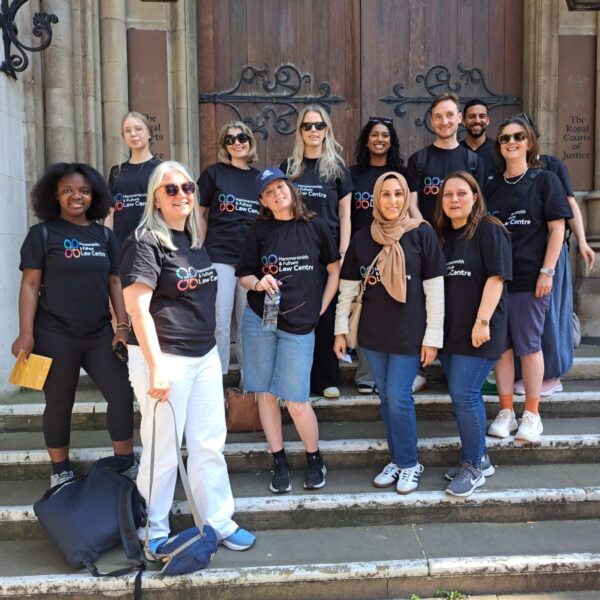 “We recently represented a migrant woman who was trafficked to the UK by a wealthy family. She was forced to work extremely long hours as a nanny, housekeeper and cleaner. She didn’t receive anywhere near the minimum wage, and the family had control of her passport and bank account.”
“We recently represented a migrant woman who was trafficked to the UK by a wealthy family. She was forced to work extremely long hours as a nanny, housekeeper and cleaner. She didn’t receive anywhere near the minimum wage, and the family had control of her passport and bank account.”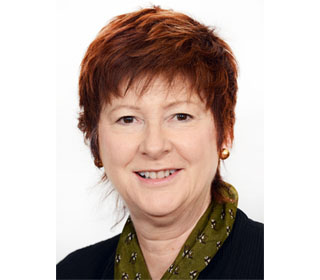
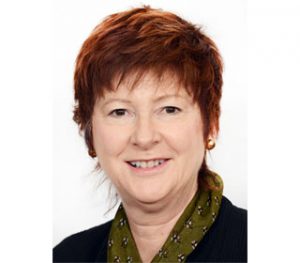 Everyone at Hammersmith United Charities would like to thank Vivienne Lukey as she steps down after 12 years as a trustee, including six years as Chair.
Everyone at Hammersmith United Charities would like to thank Vivienne Lukey as she steps down after 12 years as a trustee, including six years as Chair.